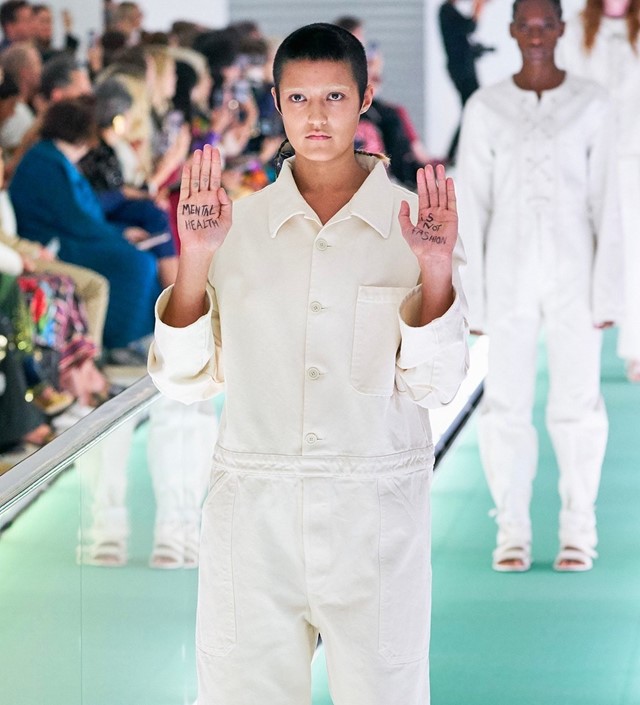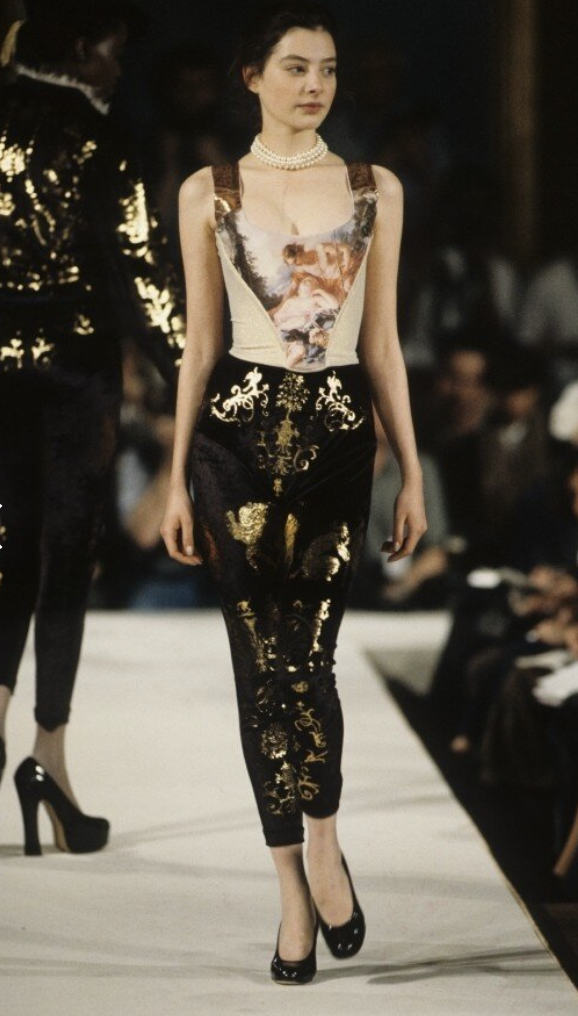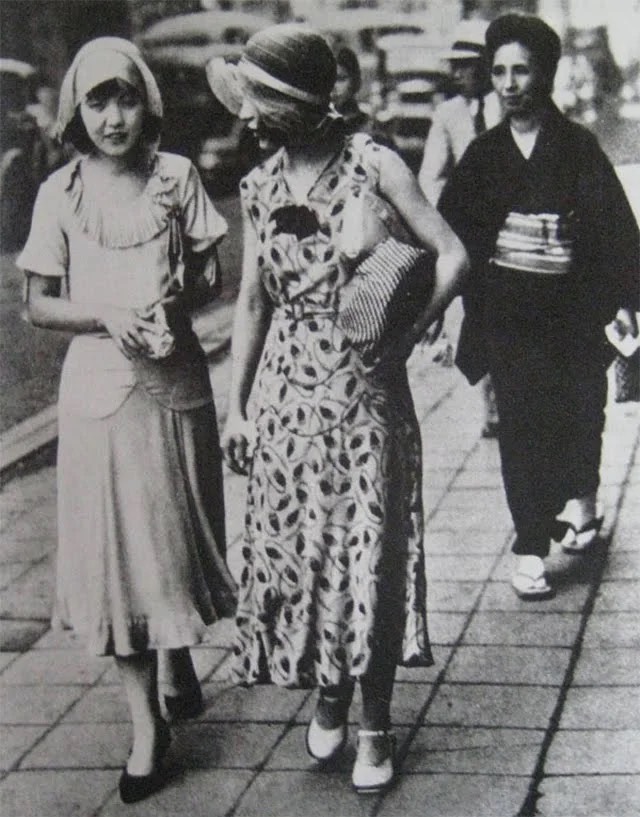
MA Fashion Studies Curriculum – Fashion Studies Key Concepts
“Fashion Studies” is an interdisciplinary field meant to understand fashion in its broader meaning, by breaking the boundaries between cultural studies, linguistics, sociology, post-colonial, gender and women’s studies within academia.
As part of the MA Fashion Studies curriculum, students start from the very first semester to dive into the inquiries and practices that make up the basis of the discipline of Fashion Studies. The course Fashion Studies Key Concepts, instructed by Prof. Dr. Marco Pecorari, provides students with the theoretical tools to look at how the canon has been formed, rethink the lenses through which fashion has been studied and explore historical and contemporary issues connected to the production, representation and consumption of clothing.
Kicking off with the citation from philosopher Deleuze in Gucci’s SS18 Press Release “The act of creation as an act of resistance” for the lesson “Making, Unmaking and Remaking a Canon of Fashion Studies”, students were already being invited to understand and rethink definitions of fashion and to put them into discourse. New debates are therefore created, discussed and questioned in every class and they eventually become a source of inspiration for the students’ first research paper, the final outcome of the course. The papers are meant to analyse a particular practice, field or aspect of fashion, synthesizing primary sources and scholarly perspectives in the field of fashion studies.
Throughout the semester, students questioned issues of various nature: Marx’s commodity fetishism and the contemporary fashion system; texts from early writers on fashion such as Georg Simmel and Thorstein Veblen to recent scholarship published in Fashion Theory: The Journal of Dress, Body and Culture; the concept of the gaze and the early psychological approaches to the study of fashion; the history of “style”, in the constant fight between fashion “cultures” and “subcultures”; the question of diversity and the post-colonial approach in an attempt to think beyond the “Western” canon; the relationship between fashion and the body, questioning identity issues and the representation of various bodies; the “Gender Trouble” behind the everyday fashion system, how it’s been constructed and how it differs from sexuality.
The course was brought to an end with another one of Gucci’s Press Releases, this time in reference to Foucault: “Can [fashion] offer itself as an instrument of resistance?” […] “Can it suggest experimental freedom, ability to transgress and disobey, emancipation and self-determination? Or [is] fashion itself [at risk] to become a refined device of neo-liberal government that ends up imposing a new normativity, turning freedom into a commodity and emancipation into a broken promise?”. With all these topics in mind, students started to develop their own ideas and to put them into words within different discussions.
Issues discussed on papers are various: from media studies, with titles such as “Fashion Influencers as the New Model of Neoliberalism” by Summer Jun Chen, ‘Tap to Change’: Instagram and Snapchat filters as a new vestimentary practice” by Maria Ida De Ioanni, and “Food and Fashion” by Jaqueline Lopez; moving to gender studies, with “Cinematic Femininity” by Bethany Miller, “Discourse on digital feminism in the Indian subcontinent” by Aishwarya Pureti and “Sanremo and Glam Rock: the discussion of gender in Achille Lauro 2020’s performance” by Ilaria Trame.

Covering then discussions about subcultures, with Mary Kelleher and her paper “Vivienne Westwood : Contemporary vintage through the lens of the corset”, Stephanie Lever’s “Reconstructing the Chav: Aesthetically Impoverished or Fashion Icon?” and Noyonika Sircar’s “ “Utopia Through Dystopia: The Show Must Go On”.

Inclusivity issues, with Jessica Clark’s “How Does Black Culture Continue to Contribute to Fashion Ethos?”, Ayaka Kitagawa’s “Decolonising Fashion through Etymology: Coexistence of ‘Fashion’ and ‘Tradition’ in Japan”, and Treonna Turner’s “Notes on Ghetto – An overview of ghetto aestheticism, culture and impact on the global fashion sphere”; covering also sustainable practices with the paper “Apparel Industry in the Need of a Humanistic Shift: Unifying the Fashion System through a Revolution” by Renata Hernández and finishing with identity construction issues discussed by Rhea Saad’s ““Staging latent memory” and Jiaxuan Wu’s “The self-image identification in the new media age: a case study on portrait photoshop App Meitu”.
